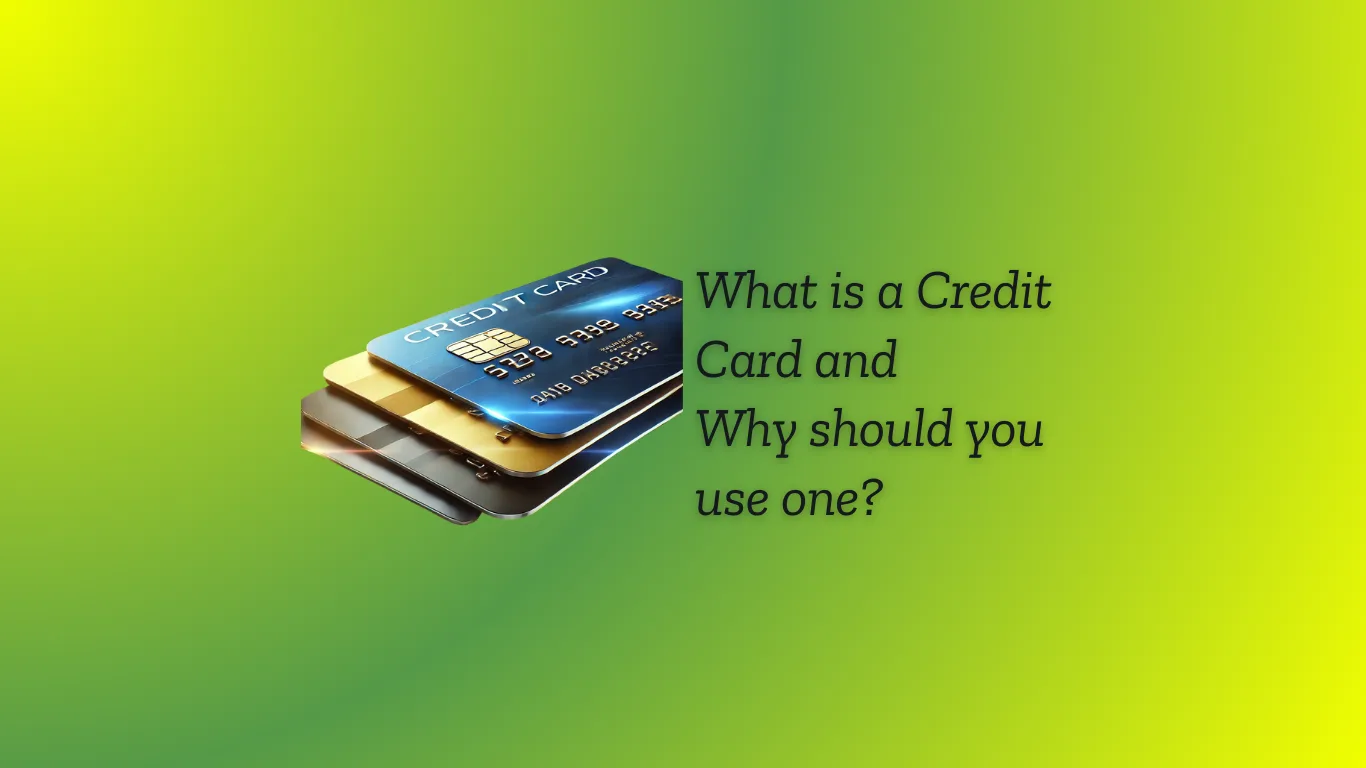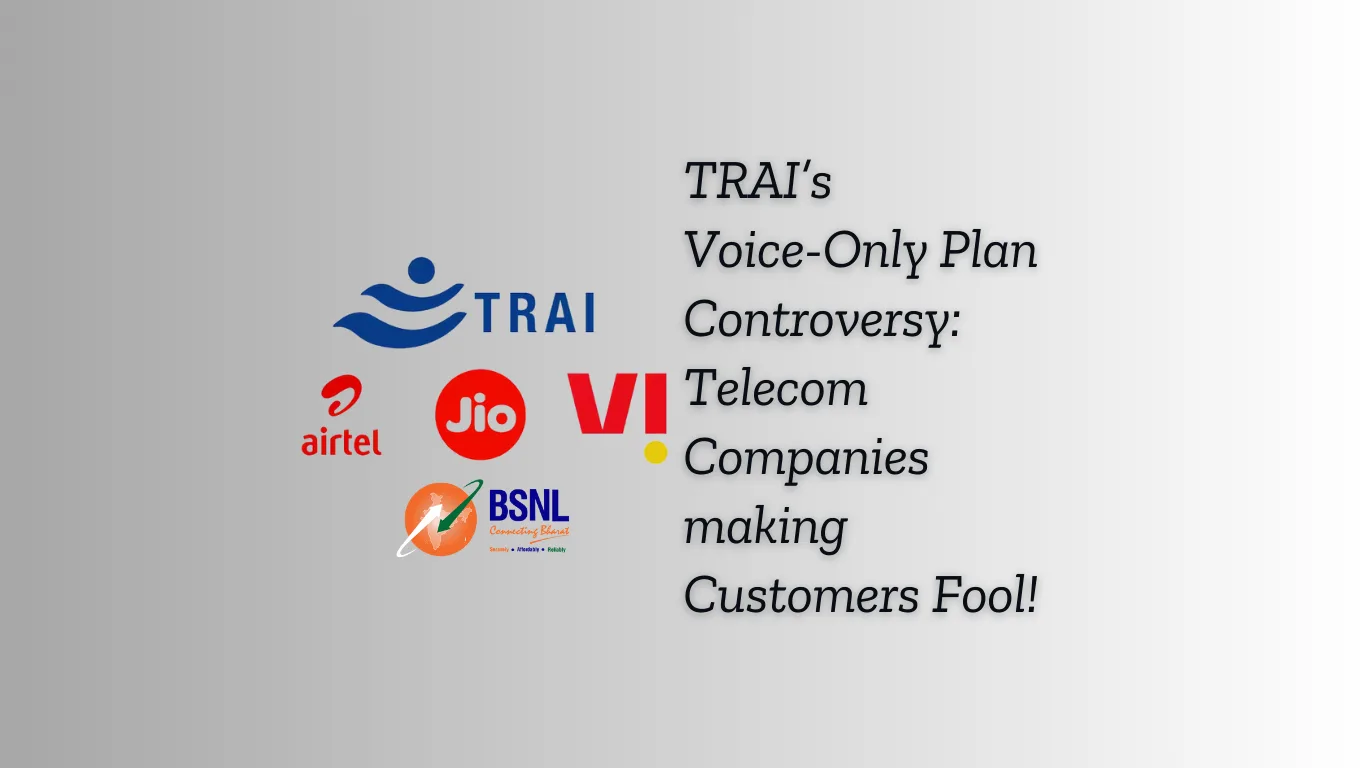A credit card is a financial tool that allows you to borrow money up to a predefined limit to make purchases, pay bills, or withdraw cash. Unlike debit cards, which use your own money, credit cards let you spend now and pay later. They come with various benefits such as cashback, rewards, and enhanced financial security.
In this guide, we’ll explore how credit cards work, their advantages, and why they should be part of your financial strategy.
How Does a Credit Card Work?
When you use a credit card for purchases, your credit issuer covers the cost on your behalf. You are then required to repay the amount within a billing cycle (typically 30 days). If you pay in full, no interest is charged. However, if you carry a balance, interest is applied.
Check Out: Cosmic Byte Neon Rainbow Mechanical Keyboard Review | Worthy Budget Mechanical Keyboard?Each credit card comes with:
- Credit Limit: The maximum amount you can borrow.
- Billing Cycle: The period during which transactions are recorded.
- Minimum Payment: The lowest amount you must pay to avoid late fees.
- APR (Annual Percentage Rate): The interest charged if you don’t pay in full.
What Is a CIBIL Score and Why Is It Important?
A CIBIL score is a three-digit number that represents your creditworthiness. It ranges from 300 to 900, with a higher score indicating better credit health. The score is calculated based on factors like payment history, credit utilization, credit mix, and the length of credit history.
Check Out: How to Choose the Best Smartphone for Your Needs in 2025!Why Is a CIBIL Score Important?
- Loan Approvals: Banks and lenders use your CIBIL score to determine your eligibility for loans and credit cards.
- Interest Rates: A higher score can help you secure loans at lower interest rates.
- Credit Limit: A good score can lead to higher credit limits and better financial opportunities.
- Financial Credibility: Maintaining a strong CIBIL score boosts your financial reputation and borrowing power.

To maintain a good CIBIL score, always pay your bills on time, avoid maxing out your credit limit (use 30-50% of your Credit Limit), and regularly check your credit report for discrepancies. Drop a comment below if you want us to explain more about Cibil Score and How to improve it!
Why Should You Use a Credit Card?
Here are some key reasons why you should consider using a credit card:
1. Build and Improve Your Credit Score
A credit card helps you establish and improve your credit score, which is crucial for loan approvals, better interest rates, and financial credibility. By making timely payments and keeping your credit utilization low, you can maintain a strong credit profile. If you do not have any Credit Cards or Loans which gives you a CIBIL Score of -1. It means that the bank does not have Credit History about you.
So, when you take a loan: E.g. A Home Loan of several Lacs you get 0.1-0.5% less interest which adds up a lot in the long tenure of the Home Loan.
2. Earn Rewards and Cashback
Many credit cards offer rewards in the form of cashback, points, or travel miles on purchases. This allows you to save money or get perks for everyday spending. We have a lot of Credit Card recommendations, drop a comment if you want us to cover the same!
3. Financial Flexibility
A credit card offers financial flexibility by allowing you to make large purchases and pay over time. This is useful for managing cash flow without immediate out-of-pocket expenses.
4. Enhanced Security
Credit cards offer superior fraud protection compared to debit cards. Most issuers provide zero-liability policies, meaning you are not responsible for unauthorized transactions if your card is stolen.
5. Emergency Fund Alternative
Having a credit card can be a safety net for unexpected expenses like medical bills or urgent repairs when you don’t have immediate cash available.
6. Travel Benefits
Some credit cards provide perks such as airport lounge access, travel insurance, and foreign transaction fee waivers, making them ideal for frequent travelers.
7. Buy Now, Pay Later
Many credit cards allow you to convert large purchases into EMI (Equated Monthly Installments), making it easier to afford expensive items.
Check Out: Samsung Galaxy S25 Ultra Series: A Disappointing Upgrade for 2025?Things to Consider Before Using a Credit Card
While credit cards offer numerous benefits, responsible usage is key. Here are some tips:
- Always pay on time to avoid late fees and interest charges.
- Keep credit utilization below 30% of your credit limit.
- Avoid unnecessary debt by spending within your means.
- Check your credit card statement regularly for errors or fraud.
- Understand the fees (annual fees, late fees, foreign transaction fees).
FAQs about CIBIL Score & Credit Cards
1. How is a credit card different from a debit card?
A credit card allows you to borrow money, whereas a debit card deducts funds directly from your bank account.
2. What happens if I don’t pay my credit card bill on time?
Late payments result in interest charges, late fees, and can negatively impact your credit score.
3. How do I choose the best credit card?
Consider your spending habits, rewards program, interest rates, and fees before choosing a credit card. Drop a comment for recommendation!
4. Can I withdraw cash using a credit card?
Yes, but cash advances come with high interest rates and fees, so they should be used as a last resort.
5. Will applying for a credit card hurt my credit score?
A hard inquiry occurs when you apply, which may slightly lower your score temporarily. However, responsible usage can improve your credit score over time.
6. What should I do if my credit card is stolen?
Immediately report the theft to your card issuer and request a card replacement. Most issuers have fraud protection policies.
Using a credit card responsibly can be a powerful financial tool that enhances security, rewards spending, and builds your credit profile. Choose wisely, spend smartly, and enjoy the benefits of financial freedom!
–










2 thoughts on “What is a Credit Card and Why should you use one in 2025? (Complete Guide)”